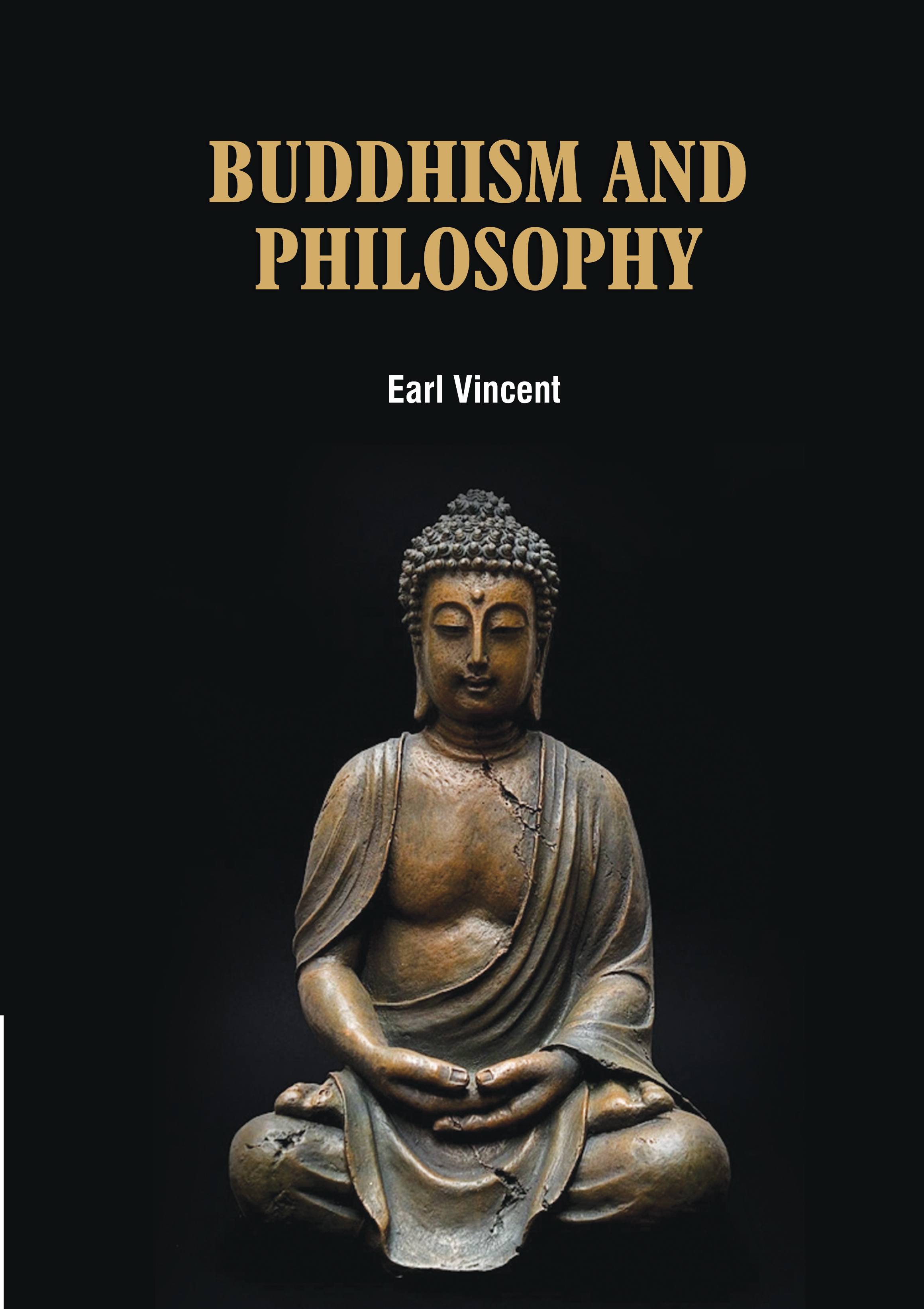
Buddhism and Philosophy
by Earl Vincent
| ISBN | 9789372423594 |
|---|---|
| Publisher | Digital Drive Learning |
| Copyright Year | 2026 |
| Price | $256.00 |

by Earl Vincent
| ISBN | 9789372423594 |
|---|---|
| Publisher | Digital Drive Learning |
| Copyright Year | 2026 |
| Price | $256.00 |
Buddhist philosophy refers to the philosophical investigations and systems of enquiry that developed among various Buddhist schools in India following the parinirvana (i.e., death) of the Buddha and later spread throughout Asia. The Buddhist path combines both philosophical reasoning and meditation. Buddhist philosophy deals extensively with problems in metaphysics, phenomenology, ethics, and epistemology. The Buddha rejected certain precepts of Indian philosophy that were prominent during his lifetime. His general outlook has been described as empirical as opposed to ontological or metaphysical. The Buddha taught depend to ontological or metaphysical. The Buddha taught dependent origination as the correct paradigm for analyzing causality; Buddhists view it as avoiding the two extremes of reification and nihilism. Buddhism has its origins in India around the 5th century BC during a time of revival and rejuvenation of mystical and religious thought. Buddhism is a system of philosophical, spiritual and social teachings based upon the experiences of Siddhartha Gautama (the Buddha) and his central doctrine – 'the elimination of suffering'. “Just as the sea has one savour - salt - so my teachings have one savour - the elimination of suffering“. Arguments against Buddhism as a philosophy might call attention to the way Buddhism's pervasive inclusion of supernatural entities (not “gods“ in the sense of Western monotheism, of course), to what most scholars identify as worship practices (ceremonial reverence of saints, etc.), to Buddhism's thoroughly developed hierarchies of clergy (not usually characteristic of a “philosophy“), and its overall religious organization. This book contains the fundamental and basic information of subject and the selection of contents makes it an appropriate textbook for the students.